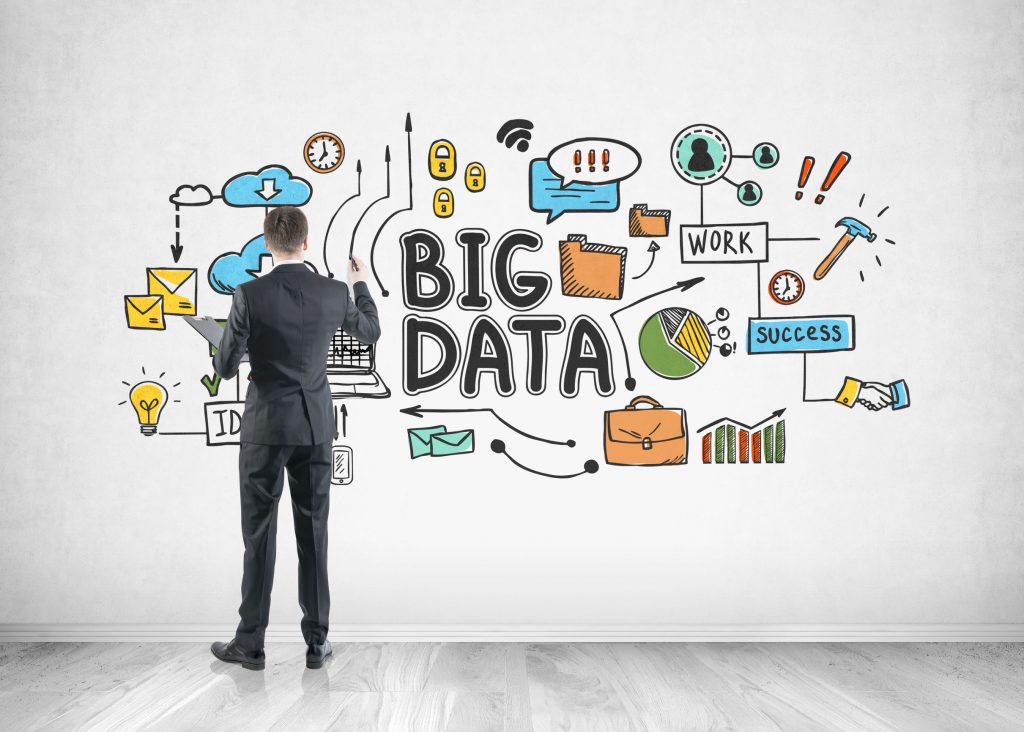20/01/2020
What do you do with my data? Is Facebook spying on us? Why am I receiving advertising from a site that I have not given my information to? Should I turn off my cell phone or GPS? Big Data is an established technology, already used by most companies and institutions, yet it continues to arouse mistrust, in a context of growing concern for privacy and transparency. And there is little reason to be afraid of projects developed with Big Data, which generally translate into lower costs and greater efficiency.
This is the case, for example, of the one recently developed by the National Statistics Institute (INE), which will collect aggregate data -never personalized- from three operators to compile statistics on the movements of Spaniards on working days and holidays. This data will provide a better understanding of how we commute from home to work and vice versa at a cost of 500,000 euros compared to the 10 million euros it might have cost to make this collection, without ever revealing personal data of telephone users.
However, What is Big Data and why shouldn’t we be afraid of it? In the words of the marketing expert Cristina Simón, Big Data is a term that refers to a large volume of data, structured or unstructured, that companies, individuals or institutions can leverage to get good ideas to help them make better business decisions.

There are different opinions on what could be considered Big Data, although most put the minimum at 30-50 TB. But regardless of the number, it is a trend that is growing every day.
The fact is that, at the same time that it offers benefits for companies and organizationsThe same is true for people. As users or customers we are increasingly demanding and expect, for example, to find our size every time we go to a store to buy clothes, or our favorite food in a restaurant. Or we want there to be fewer and fewer traffic jams, which is precisely what models such as the one developed by the INE to study our mobility are for.
All this is possible thanks to Big Data and the analysis of our data, which translates into advantages such as those listed below:
Improved decision making: Having a large volume of structured data that can be interpreted helps organizations make the right decision. It serves to sell more, but also to make better roads or to better research and predict a disease.
Real-time feedback: Big Data is a fast and agile technology that allows to receive and process data in real time and to have the necessary information quickly. For this purpose, certain tools such as Apache Hadoop, Apache Spark, Python, Elasticsearch, Apache Storm or R Language are used.
A benchmark for this technology is SAP, a world leader in the ERP market. The German company offers this type of tools adapted to the specific needs of each company. They guarantee real-time analysis, facilitating data collection and providing information of utmost importance to the business.

Knowledge of the market or target audience: knowledge of the target audience for any service, public or private, helps to predict possible scenarios and to know users better, through a segmented analysis.
Personalized treatment and improved user experience: this is the objective pursued by companies and institutions and what we have the right to demand as consumers. What the hyper-connected customer of 2020 expects from a brand is to feel identified as an individual and a fully personalized experience and that is achieved through campaigns like the one Everis has developed for Volkswagen. Big Data adapts offers, services and campaigns to each of the 4 million customers that the car brand has in Spain.
Improvements in education: personalized education is only possible through in-depth knowledge of each child. Using Big Data makes it possible to obtain real-time feedback, act accordingly and, finally, share knowledge.
This is the case of AltSchool, an educational startup in the United States that has launched an ambitious big data project to improve the education of students from 0 to 12 years of age.
The analysis of all this information provides a comprehensive understanding of each student based on their behavior patterns, moods, performance, etc., which allows us to provide each one with the education they need according to their needs and differences.
Job creation: the adoption of Big Data is facilitating a large number of jobs, which are also among the best paid in the technological field. The profile of ‘data scientist’ is today one of the most valued.

Is there any reason to fear Big Data? The truth is that, if well used, it can be used to find solutions to real problems that affect us all. Especially when private companies share the data they collect with some public institutions.
BBVA, for example, shares anonymous data on the financial behavior of its users with the UN so that it can have information on the economic resilience of the population after natural disasters. Based on this information, the UN can adapt or create new projects aimed at the economic recovery of the affected areas.
Although this tendency to collaborate is more or less recent, the list of companies that already share data with municipalities and humanitarian organizations is gradually growing. BBVA is joined by Facebook, Google, Telecom or Air France
And despite everything, the use of Big Data still generates some skepticism or distrust among a large part of the population, but its advantages can outweigh the disadvantages if we manage our privacy correctly.
It is our responsibility to ensure the privacy of all data that we do not want to share, which implies that the ownership of our data is ours and we must know what we are giving up and for what purpose. From this point on, when used properly, everything can be advantages.










